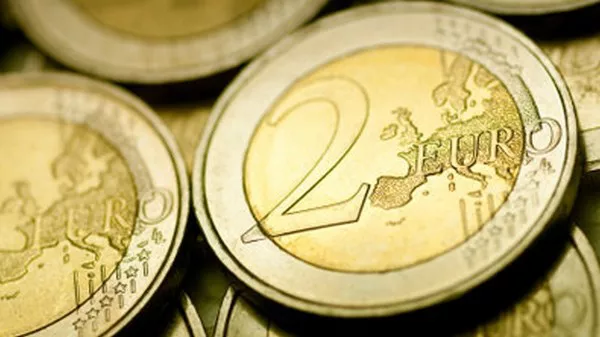Planning a trip to Europe requires careful consideration of various aspects, and one crucial decision travelers often face is whether to buy euros before embarking on their journey or wait until they arrive at their destination. This article aims to provide a comprehensive analysis of the factors that should be taken into account when deciding whether to purchase euros in advance or rely on local currency exchange options during your European sojourn.
1. Understanding Currency Exchange Rates:
One of the primary factors influencing the decision to buy euros before traveling to Europe is the prevailing currency exchange rates. Exchange rates fluctuate daily based on economic factors, political stability, and global events. Monitoring exchange rates prior to your trip can provide insights into whether the euro is strengthening or weakening against your home currency. If exchange rates are favorable, purchasing euros in advance might be advantageous as it can potentially secure a better rate compared to exchanging cash upon arrival.
2. Convenience and Peace of Mind:
Acquiring euros before departure may offer convenience and peace of mind while traveling. Having the local currency readily available negates the need to search for currency exchange booths in unfamiliar territory, especially after long flights or during odd hours. Carrying euros from home also ensures you have funds to cover immediate expenses like transportation, meals, and incidentals upon arrival, eliminating any initial worries about obtaining cash.
3. Budgeting and Cost Control:
Another important aspect to consider is budgeting and cost control. Buying euros before traveling can help you establish a clear budget for your trip. By pre-purchasing a specific amount, you have a fixed idea of how much you are spending and can plan accordingly. This approach eliminates unexpected fluctuations in exchange rates during your trip, enabling you to stick to your budget and avoid overspending.
4. Potential Savings:
In certain situations, purchasing euros in advance can lead to potential savings. Some financial institutions offer competitive exchange rates and lower fees for pre-purchased euros compared to exchanging money at airports or tourist destinations. Additionally, if you are traveling to a country with limited access to currency exchange facilities or facing language barriers, buying euros beforehand may help you avoid unfavorable exchange rates or commission charges in remote areas.
5. Exchange Rate Risks:
While buying euros before your trip can have its advantages, there are inherent risks associated with predicting future exchange rate movements. Currency markets are volatile and subject to unexpected fluctuations. It is crucial to analyze historical trends, consult financial experts, or utilize online tools to gauge the likelihood of exchange rate changes. In some cases, waiting until you arrive in Europe and using local currency exchange services might be a more prudent decision.
6. Accessibility to ATMs and Card Payments:
Europe is generally known for its extensive ATM network, enabling travelers to withdraw cash in the local currency conveniently. If your home bank provides favorable withdrawal terms (low fees or no foreign transaction fees), relying on ATMs and card payments during your trip might be a more cost-effective option than purchasing euros in advance. However, it is essential to inform your bank about your travel plans to avoid potential card issues or security concerns.
7. Security Considerations:
Security is an important aspect of any travel experience. Carrying large amounts of cash while traveling can be risky. Buying euros before your trip increases the chances of having a significant sum of money on hand, potentially making you a target for theft or pickpocketing. On the other hand, relying on ATMs and card payments reduces the need to carry excessive cash and provides added security in case of loss or theft.
8. Local Currency Acceptance:
While euros are used across most European Union countries, some countries still retain their own currencies. If you plan to visit non-eurozone countries during your trip, it might be more practical to wait until you arrive in Europe and obtain the local currency directly. This approach avoids unnecessary conversion costs and ensures you have the correct currency for each specific destination.
Conclusion:
Deciding whether to buy euros before traveling to Europe is a personal choice influenced by various factors. Assessing current exchange rates, considering convenience, budgeting requirements, potential savings, accessibility to ATMs, security concerns, and the acceptance of local currencies are all crucial elements in making an informed decision. It is recommended to research and analyze these factors based on individual circumstances to determine the most suitable approach for obtaining euros and ensuring a hassle-free and financially prudent European travel experience.


